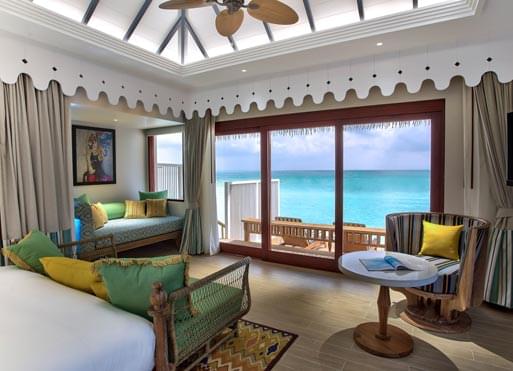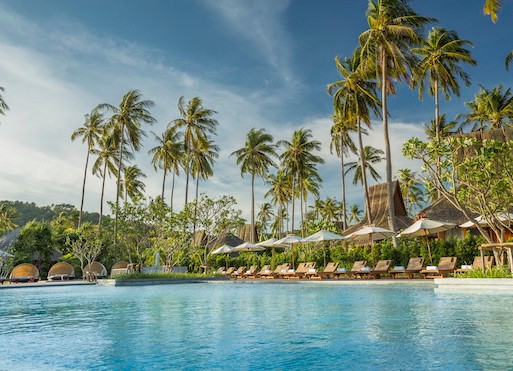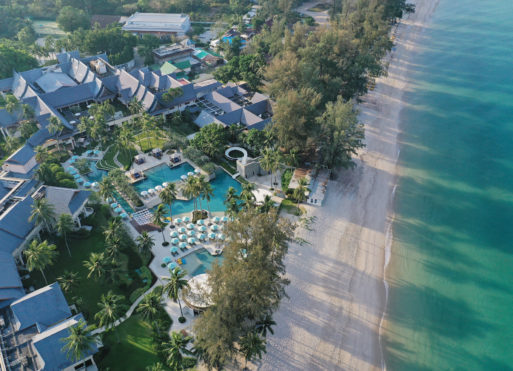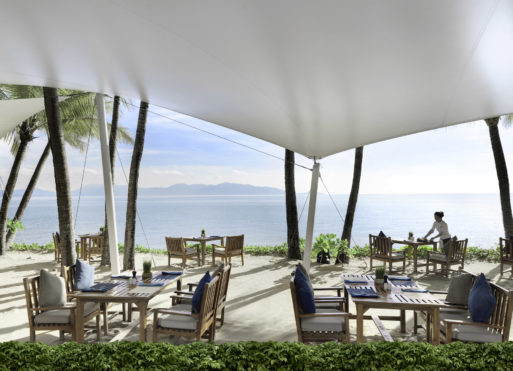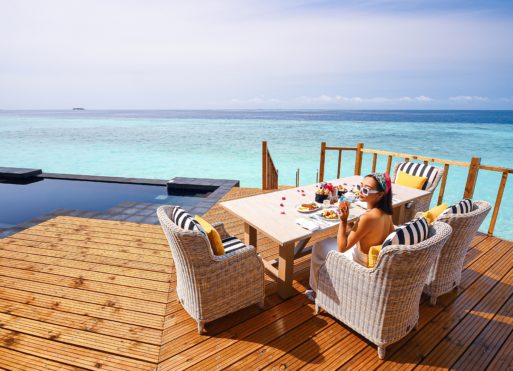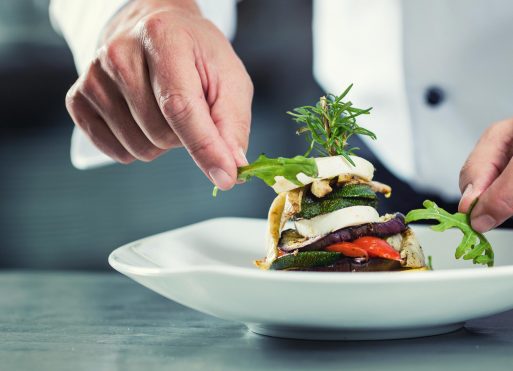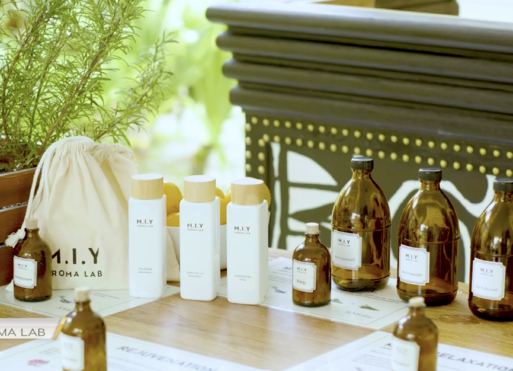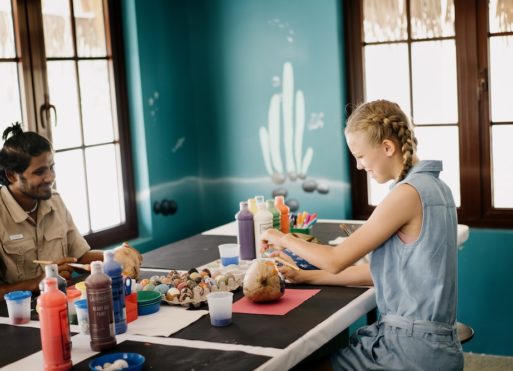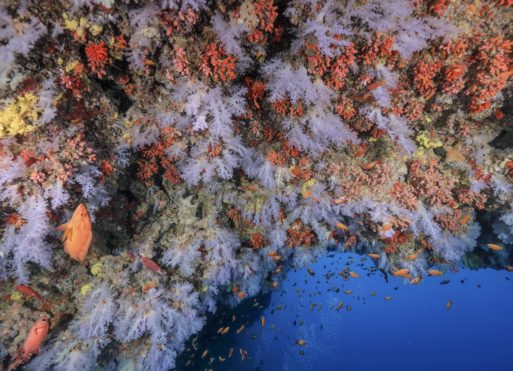DISCOVER OUR S SIGNATURE
Tidings
Here’s what happened to our marine ecosystems while we’ve been indoors
April 2020
A historic moment for the Maldives’ marine environment and a thriving blacktip shark population around Thailand’s Maya Bay are just some of the unprecedented positives to come out of the Covid-19 global lockdown so far
Turn the clock back to the start of 2020 and the beaches of the Maldives’ legendary atolls buzzed with peak-season holidaymakers soaking up the archipelago’s signature mix of sun, sea and sand. Honeymooners lounged idly under cabanas, families set sail for immersive snorkelling trips and kids cut loose in the turquoise waters.
Since Covid-19 reared its ugly head, however, most of the world has retreated into hibernation and those same shorelines have fallen silent, devoid of visitors — or at least, that is, human ones. In late March, team members from the recently opened SAii Lagoon Maldives resort spotted some unfamiliar footprints along the resort’s main beach. After a quick search, a pregnant Olive Ridley sea turtle was found nesting in what turned out to be an unprecedented event. According to the International Union for Conservation of Nature, the discovery on the South Male Atoll is the first recorded sighting of the turtle nesting in the Maldives.
“We were very surprised to find this species on our beach,” says the resort’s sustainable development manager Aladin Pakbara. “It just goes to show how quickly the marine environment adapts and thrives under the right circumstances.”
Found in the warmer waters of the Atlantic, Pacific and Indian Oceans, the small sea turtle is one of the world’s most abundant, but is especially vulnerable due to its tendency to nest in highly specific locations. Any disturbance to nesting beaches can therefore have a huge impact on the local population, according to Pakbara, who adds that the sustainability team at SAii Lagoon Maldives will continue to work with the local environmental authorities to see how they can support nesting Olive Ridley sea turtles in the future.
Team members at the resort, which is part of S Hotels & Resorts’ (SHR) ambitious Crossroads Maldives community, meanwhile, are being trained by the in-house Marine Discovery Centre team to identify Olive Ridley sea turtles and what to do in the case of another sighting.
“In addition to educating our team on how to look out for the presence of new and rare species, we will continue our coral propagation programme through field activities and hands-on programmes at the Marine Discovery Centre”
explains Kullawit “Um” Limchularat, who heads up SHR’s corporate sustainable development department. “We want to instil the belief that coral is essential to the health of our marine environments and that everybody has a duty to protect it.”
There’s also been an increase in sightings of other native marine species in and around SAii Lagoon Maldives, including hawksbill sea turtles, eagle rays and stingrays. Indeed, news stories currently abound from around the world about the recovery and re-emergence of marine species during the recent lockdown and Thailand’s famous Phi Phi Island is no different.
A video released by park rangers on the island shows a school of blacktip sharks in the shallow waters of Maya Bay, made famous in the movie The Beach. The bay, which was closed to visitors in June 2018 for ecological recovery, is another destination in which SHR’s sustainability initiatives are having a positive impact. The Marine Discovery Centre team at Phi Phi Island Village Beach Resort has been working with the national park since 2016 on numerous conservation projects and Um, himself a marine scientist, notes that the collaboration will continue as the lockdown begins to ease.
“We will also increase our efforts to plant new mangroves, especially the barrier near our property, in collaboration with the International Union of the Conservation of Nature,” he adds. “Singha Estate (SHR’s parent company) started the mangrove replanting using endemic Api Api trees a couple of years ago.”
Phi Phi Island Village Beach Resort has gained an enviable reputation for its sustainability efforts in recent years. In January it became the first property in Thailand’s Krabi province to receive the Gold Level Green Hotel Award, certified by the country’s Department of Environmental Quality Promotion Ministry of Natural Resources and Environment, for its commitment to waste management, recycling and community-orientated programmes. The award aims to raise awareness of natural resources conservation, to promote people’s participation in environmental protection. Phi Phi Island Village Beach Resort was also designated a ‘plastic-free resort’ by the Thai Hotels Association in 2019.
Related Product
Tidings
Discover interesting and inspiring stories from S Hotels & Resorts.
